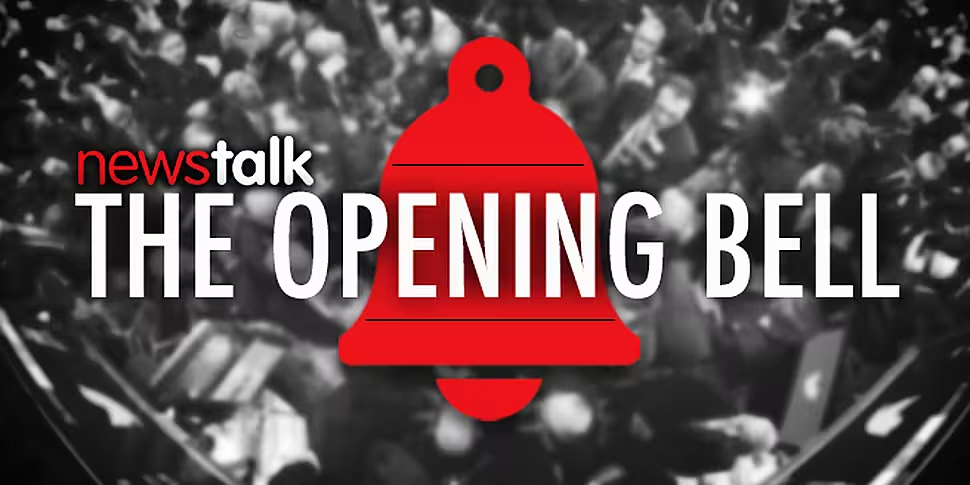With the Conservatives enjoying a better than expected performance in the UK's General Election, the country is now poised for an in/out referendum on EU membership.
Given Ireland's dependance on both the UK and the EU, the Irish economy is expected to be one of the biggest economic losers if Britain leaves.
Research from Open Europe says that even in a best case scenario the Irish economy would experience a permanent loss of 1.1 percent of its total GDP by 2030 if the UK leaves.
The process is set to be complicated by the fact that David Cameron has ruled out running for a third term as Prime Minister - this means that a referendum is likely to be set against the backdrop of a Tory power struggle which could push factions within the party toward more populist hardline anti-Europe stances.
______________________________________________________________
On the back of the exit polls and overnight counts the pound has enjoyed its biggest jump since 2009 - the value of the currency jumped by a whole percent after the BBC/Sky News/ ITV exit poll was published at 22:00.

The British pound is currently worth €1.38 and £1.54 (values as of 7:00, May 8th).
The Conservative Party has widely backed by the UK's business community, they are seen as the 'market friendly party' and a surge in the FTSE 100 is expected this morning.
Bill O'Neill, head of the UK Investment Office at UBS Wealth Management, told the Reuters: "The odds were stacked against such a decisive outcome.
"This result is far less complicated than the markets' worst fears," he said.
______________________________________________________________
Irish borrowing costs have been hit by a bond market “rout”. The yields or returns payable by governments globally on the bonds they have issued, have risen sharply over the past week due to a sudden and massive sell-off by investors
Prompted by a collective reaction to sustained historically-low bond prices and yields, rising oil prices and signals that the threat of deflation is beginning to ease
Market volatility was particularly evident in eurozone bonds where the yield or return on Irish 10-year bonds moved sharply higher to just under 1.5 percent at one stage - an effective doubling over the past week or so.
The yield closed last evening at 1.25 percent. The yield on German ten-year bonds spiked to nearly 0.8 percent yesterday, having been close to zero just two weeks ago.
Bond prices and yields have been at historic low levels due to massive programmes of bond buying by global central banks and the scarcity of other secure investment options.
______________________________________________________________
Minister for Finance Michael Noonan has revealed that the Department of finance currently values the State's stake in Ireland's banks at €16.4bn.
This figure came from a reply written for the Minister in response to a question from Fianna Fail finance spokesman Michael McGrath.
According to the letter the State's 99.8 percent holding in AIB was valued at €11.7bn at the end of 2014.









